New fisheries co-op incorporated; Fisheries Protective Co-operative
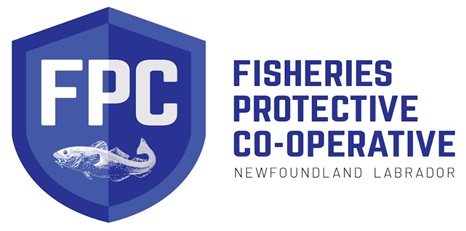 A new for-profit fisheries co-operative has been incorporated to protect and advance the economic interests of the province’s independent inshore enterprise owners.
A new for-profit fisheries co-operative has been incorporated to protect and advance the economic interests of the province’s independent inshore enterprise owners.
To be known as the FPC, the Fisheries Protective Co-operative Newfoundland and Labrador was created over a period of several months by a steering committee of inshore harvesters from around the province, spearheaded by fishery activists Ryan Cleary and Merv Wiseman.
The idea behind the FPC is to give independent owner-operators freedom over their inshore enterprises and commercial licences, and ensure a fair, transparent, and more consistent return on their investment.
The long-term goal of the FPC is to become self-sufficient in all aspects of seafood operations — including harvesting, processing, marketing, and sales.
The plan for the upcoming 2024 fishing season is to pool the collective quotas of members, and either hire independent companies to process fish for a per-pound fee, or sell them product directly.
The challenge will be to find an independent processor on the island of Newfoundland prepared to handle fish from a new co-operative. To date, only a Quebec processor and another from Newfoundland’s west coast have expressed a willingness to process fish from the new co-op.
A letter of intent signed in December between co-op organizers and Dan Meade to sell fish to the Ship Harbour-based processor in the 2024 season fell through when Meade couldn’t guarantee to process snow crab this coming season.
The FPC acronym, as well as the choice of the word Protective in the incorporated name, is a deliberate reference to the Fishermen’s Protective Union. The FPU was founded by William Coaker in the early 1900s to provide harvesters with a greater share of the wealth produced by their labour.
“Inshore harvesters need as much or more protection in 2024 as they did in Coaker’s day,” said Cleary.
Added Wiseman, “The co-op’s vision is of a thriving fishing industry driven by prosperous fleets to the benefit of rural communities, and future generations of harvesters.”
A founding convention would be held in the coming months, at which time a full board of directors will be elected and bylaws adopted.
There are just over 3,000 licensed inshore fishing enterprises in Newfoundland and Labrador, although it’s believed a majority are tied to processors through financial agreements that include the right-of-first refusal on all landings.
Contact: Ryan Cleary 709 682 4862

































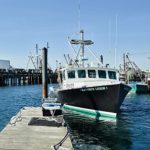
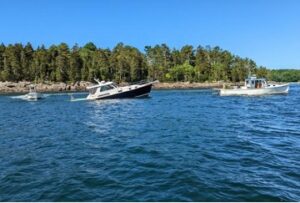
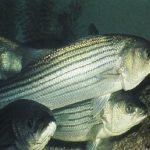

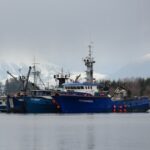

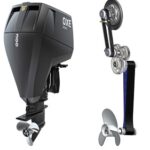
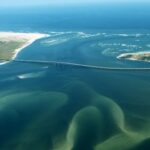
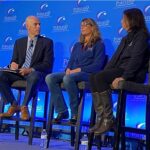
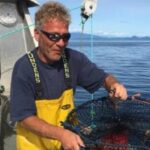




Leave a Reply